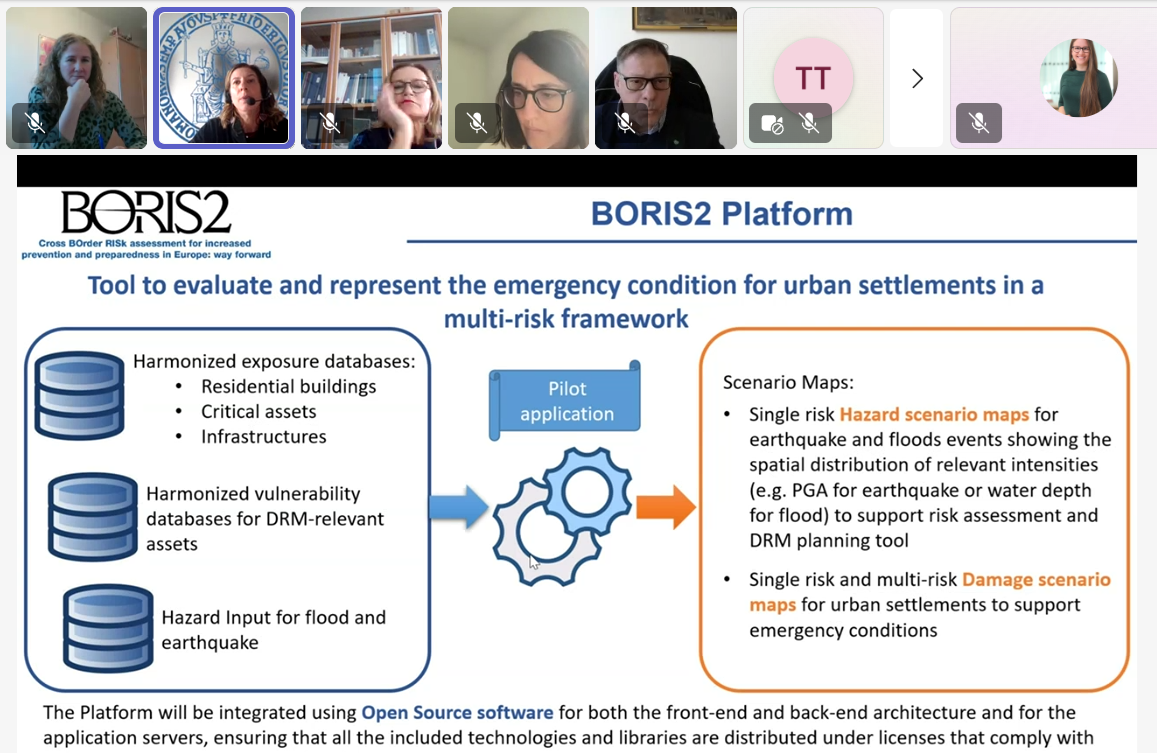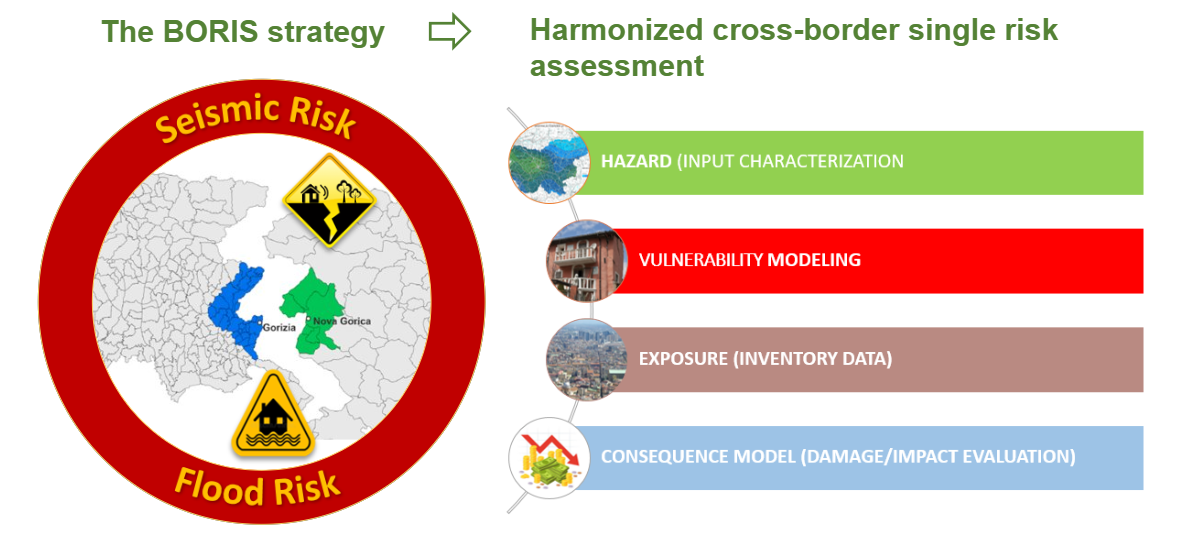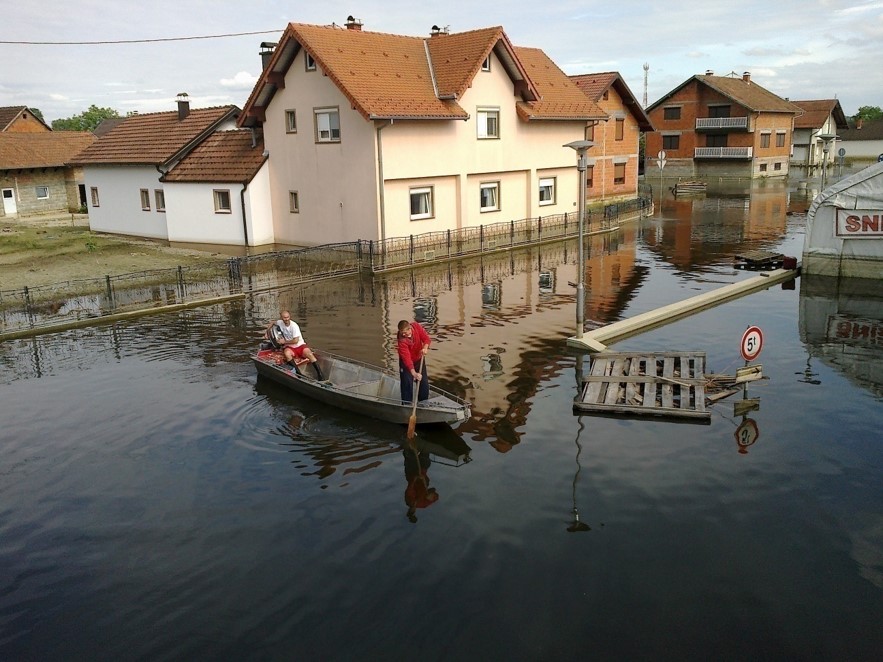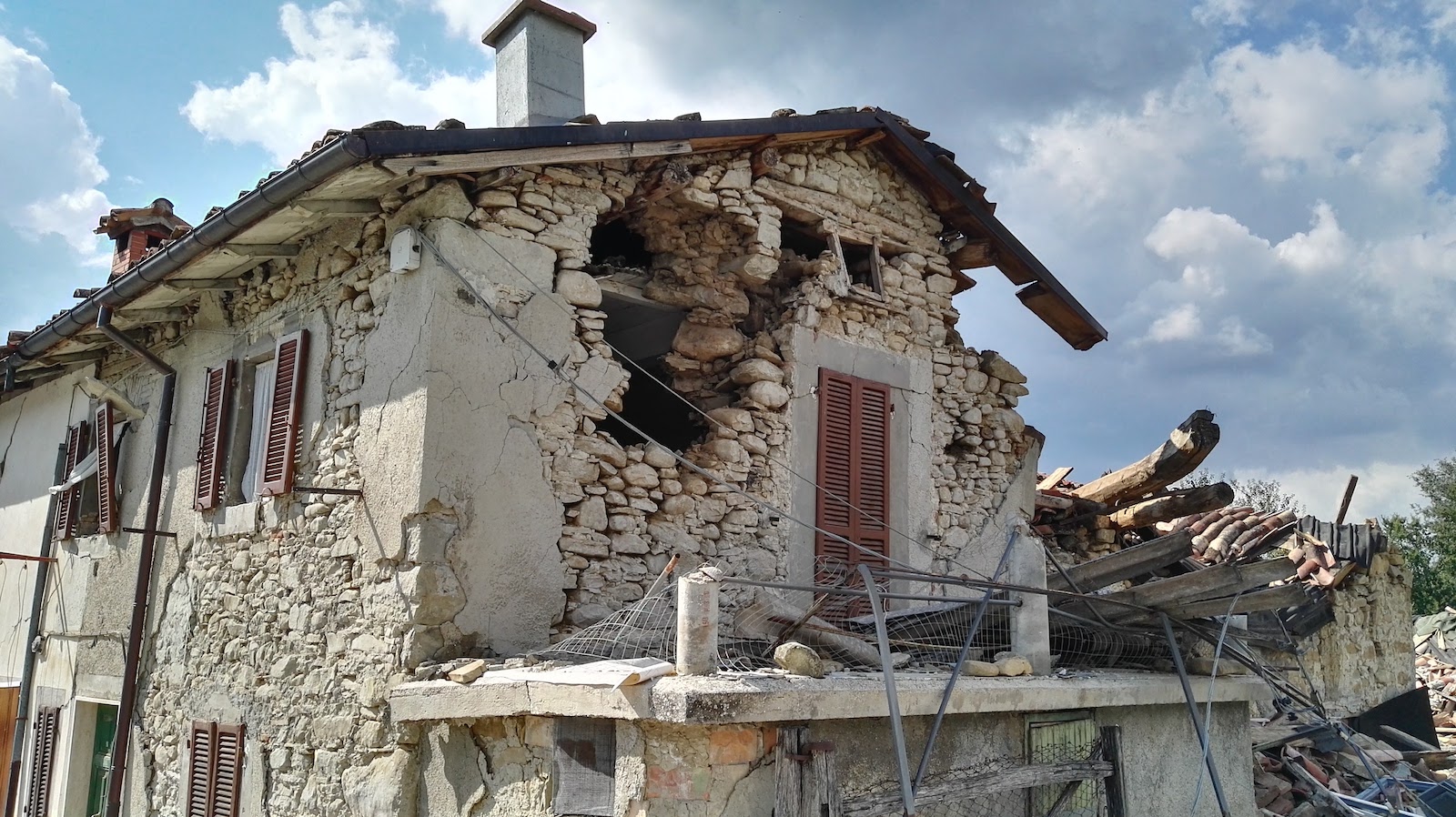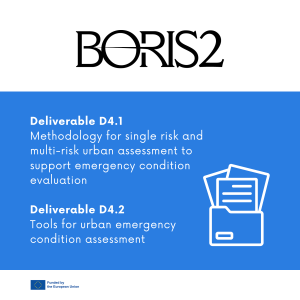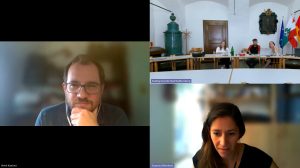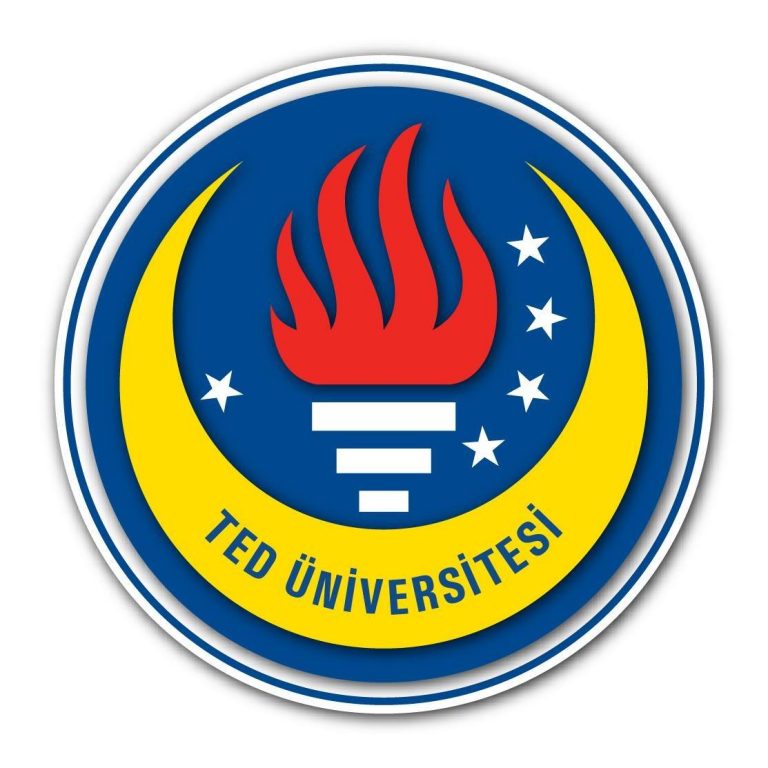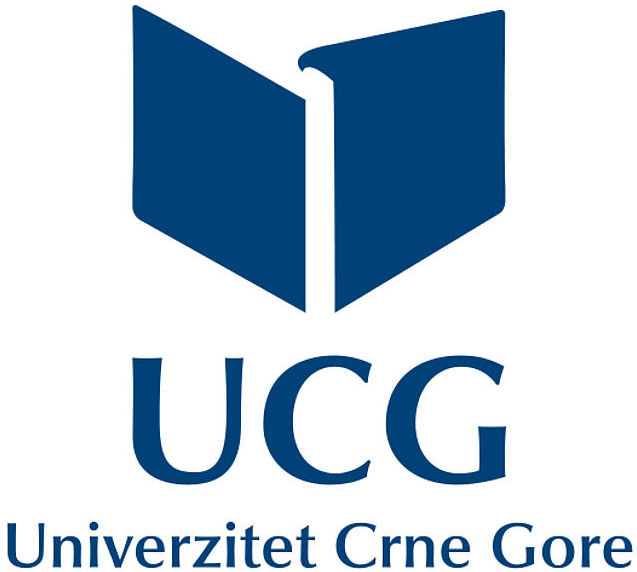Cross border risk assessment for increased prevention and preparedness in Europe: way forward
Development of a shared methodology for the management of transboundary seismic and flood risk
Considering the need expressed by local civil protections involved as stakeholders in BORIS, particularly to enhance the multi-risk analysis methodology proposed for an effective use towards emergency planning, the BORIS2 goal is to deliver a methodology and tool to support stakeholders to undertake strategic decisions to improve emergency planning. The multi-risk analysis methodology developed in BORIS, that was implemented at municipality scale, will be modified for application at sub-municipal level (e.g. at census tract level or for square grid units) considering relevant multi-risk scenarios. This will enable to highlight urban areas that are most impacted by single and multiple risks for a better planning of emergency phase. Moreover, critical infrastructures and their connections will be included for the evaluation.
Expanding on the concept of Limit Condition for the Emergency and its associated evaluation model proposed by the Italian Civil Protection Department, which is aimed at checking the physical efficiency after a seismic damaging event of the emergency system of urban settlements, a multi-risk approach that could be applied also in cross-border regions will be proposed delivering a comprehensive methodology for institutions operating in different national context.
A “scenario-driven” approach will be tested for the assessment of the impacts of seismic, flood or multi-risk events on assets and infrastructures relevant for emergency management. Results of BORIS2 will be integrated in the existing BORIS platform, ensuring its interoperability. The BORIS2 solution will be replicable in other cross border areas and the project results and dissemination activities will be designed to exploit knowledge sharing and capacity building through the UCPKN platform.
BORIS2 builds on the project BORIS (2021-2022).
Latest BORIS2 news
- New Deliverables Available: Methodology & Tools for Emergency Condition Assessment The BORIS2 team is happy to share more results developed within the project, i.e., two deliverables that are now publicly available on the project website and the UCPKN platform: 𝐌𝐞𝐭𝐡𝐨𝐝𝐨𝐥𝐨𝐠𝐲 𝐟𝐨𝐫 𝐬𝐢𝐧𝐠𝐥𝐞 𝐫𝐢𝐬𝐤 𝐚𝐧𝐝 𝐦𝐮𝐥𝐭𝐢-𝐫𝐢𝐬𝐤 𝐮𝐫𝐛𝐚𝐧 𝐚𝐬𝐬𝐞𝐬𝐬𝐦𝐞𝐧𝐭 𝐭𝐨 𝐬𝐮𝐩𝐩𝐨𝐫𝐭 𝐞𝐦𝐞𝐫𝐠𝐞𝐧𝐜𝐲 𝐜𝐨𝐧𝐝𝐢𝐭𝐢𝐨𝐧 𝐞𝐯𝐚𝐥𝐮𝐚𝐭𝐢𝐨𝐧 D4.1 presents the… Read more: New Deliverables Available: Methodology & Tools for Emergency Condition Assessment
- BORIS2 Pilot Activities & EMS Data CollectionThe methodology developed within the BORIS2 project is now being applied in multi-country and cross-border pilot applications to be demonstrated via the web-platform. This will allow to evaluate alternative seismic, flood or multi-risk scenarios and to visualize maps for dissemination of results. For these pilot… Read more: BORIS2 Pilot Activities & EMS Data Collection
- New deliverable: D2.2 Data availability and needs for urban-scale emergency management, obstactles and solutionWe’re proud to announce that a new deliverable is available for free download on our UCPKN page. The newly released D2.2 “Data availability and needs for urban-scale emergency management, obstacles and solution” from work package 2 of the BORIS2 project, funded by the European Commission (DG ECHO),… Read more: New deliverable: D2.2 Data availability and needs for urban-scale emergency management, obstactles and solution
Project partners
Funding
BORIS is a project funded by Directorate-General for European Civil Protection and Humanitarian Aid Operations (DG ECHO).
GA n° 101140181 – BORIS2 – UCPM-2023-KAPP-PREV – Project co-funded by the European Union Civil Protection

Contact
CI3R – BORIS2 Coordinator
Italian Center for Research on Risk Reduction CI3R
via Properzio 5
00193 Roma
centrorischi@ci3r.it


